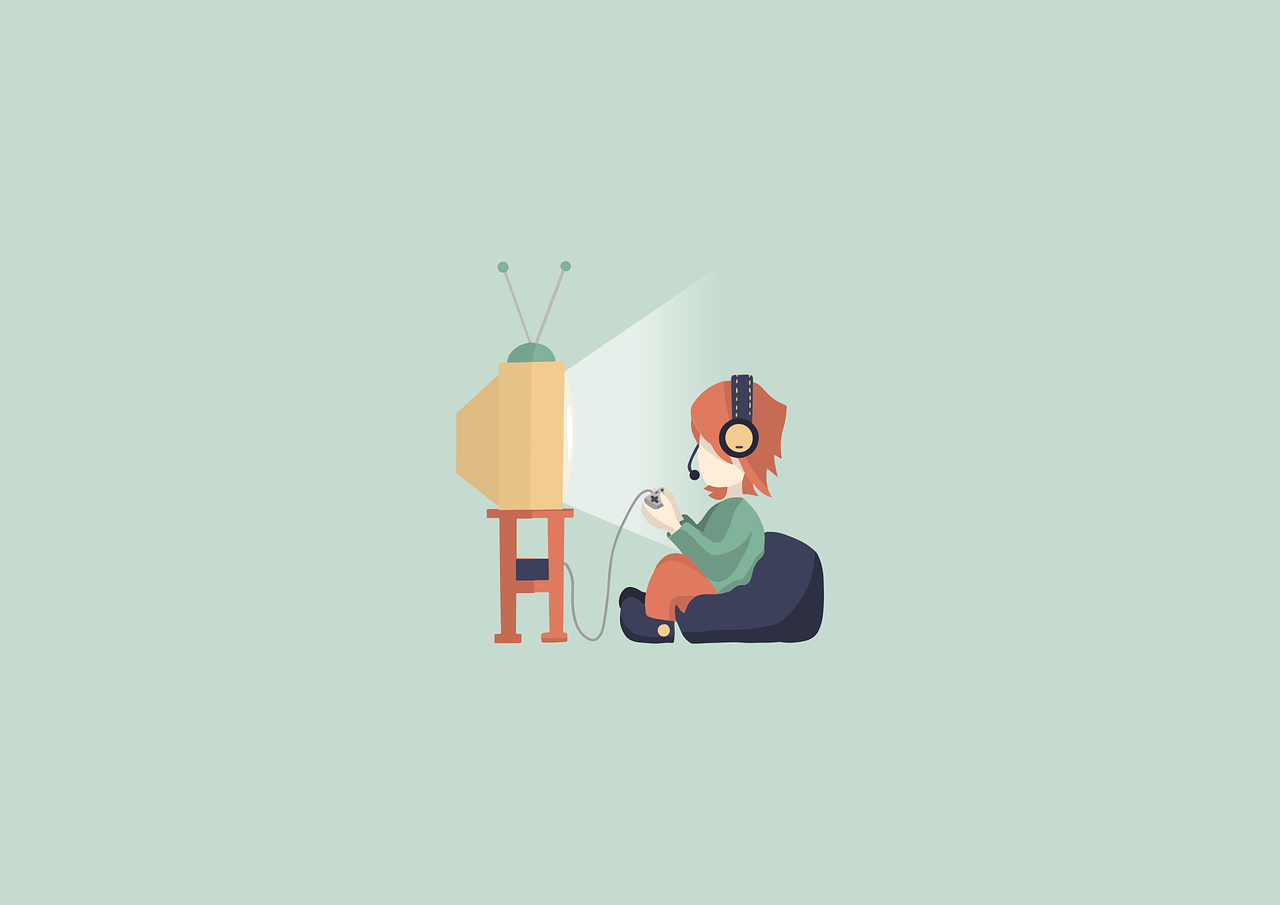A lot of people love playing video games and for a small percentage, that love can turn into a video game addiction.
And when I say “a lot of people” I mean, A LOT. There are an estimated 2.3 billion people on this planet who play digital video games, and the gaming market is worth around $180 billion. Wow.
Alright, so it’s kind of a big deal. But it can be damaging to some people’s lives. Sometimes that impact is small but significant, and for others, it can be all-consuming.
What Exactly Does Video Game Addiction Look Like?
Video game addiction looks like a lot of other addictions sadly. It can impact your social life, your job, and your mental and physical health. Here are some symptoms of problem gaming you may see in a loved one or student.
-Turning the game off results in anger, distress, or depression.
-They are having issues at work or school because of gaming. This can be being late all the time, distracted, or underachieving.
-They are having social issues with their family because of gaming. Including, lying to loved ones about when and how much they are gaming.
-No matter how long they play, they want to play more.
-They show little motivation for anything except gaming.
-Their mental and physical health is secondary to gaming.
-They know and understand that gaming might be an issue for them, but they continue with the same behavior or it gets worse.
Even with these examples, it can still be difficult to tell. I mean, my son is always upset when we turn off screen time but he doesn’t lie about it. Our kids may exhibit some of these and not others. Some may be more extreme and others mild. I would say, if you’re at all concerned it’s a good time to talk about it. Start to take steps to give your child more balance in their life.
What Questions Can I Explore With My Family?
Communication is always important and it’s a great way to include your child in finding solutions. Instead of just telling them “how it’s going to be,” sit down and explore the topic together. It’s great for building family bonds, gives your child a sense of empowerment, and leads to more buy-in once you discover some solutions. It’s also a good strategy to approach these questions in the third person, at least to start, so that the conversation doesn’t start out like an attack.
-Do you have any friends you think might have a gaming addiction?
-How would you help them?
-Do you know what the symptoms of problem gaming are?
-Is there anything you’re excited to do that’s not gaming?
-What can we do as a family that doesn’t involve gaming?
-What is a good amount of online/offline balance? How could we change our habits to get there?
How Can I Help?
Here are some ideas for parents or educators who want to help a child with a full-blown video game addiction or even just improve their online and offline balance.
-Transition their love of certain games into real-life activities with friends and family. Love Call of Duty? Let’s go play paintball. Madden more your thing? Then let’s go throw the football around. Maybe their favorite game is more about fantasy or problem-solving. Create an “Amazing Race” for your family or work together to write a graphic novel.
-Model online-offline balance yourself. It’s tough to tell your kids they are addicted to video games when you don’t look up from your phone.
-Have specific times that don’t include any screen time for anyone in the family. It could be dinner. Or after a certain time at night. You could even go nuclear and unplug the wifi.
Shout Out To Kermode!
The team at Kermode helps you evaluate online sources and explore the world of negative digital behavior (including gaming addiction) with their cutting-edge software and guides. Contact the team at info@kermodeeducation.com for more information or a live demo.



